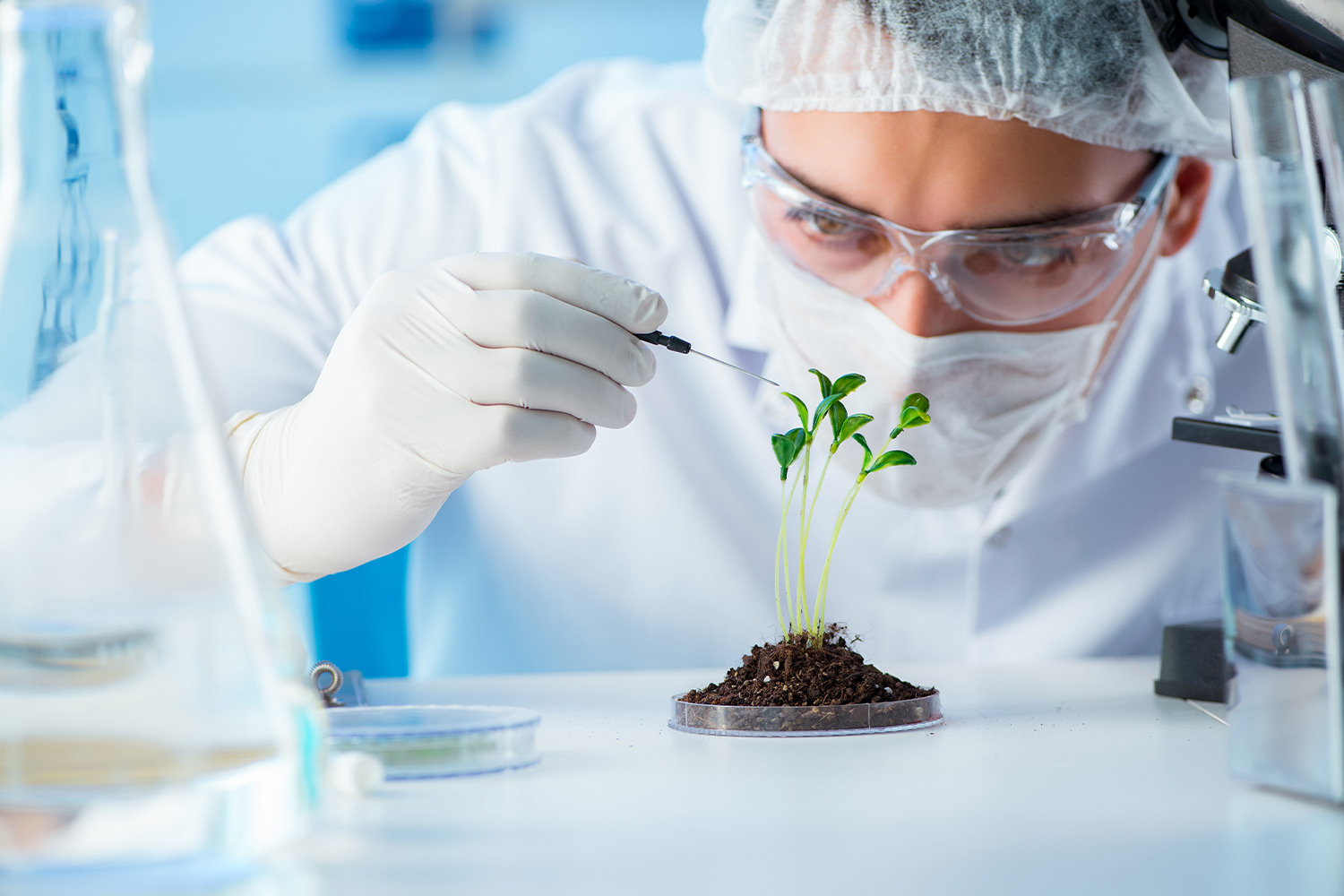
The Bachelor of Engineering (BE) in Biotechnology is a specialized program that integrates biological sciences, engineering principles, and technology to address challenges in various fields, including healthcare, agriculture, and environmental management. The curriculum provides students with a strong foundation in biology, genetics, microbiology, and biochemistry, alongside engineering subjects such as chemical engineering, process engineering, and instrumentation. Students explore how engineering principles can be applied to manipulate biological systems, create new products, and solve complex problems.
The program emphasizes hands-on experience through laboratory work, projects, and internships. Students gain practical skills in genetic engineering, bioprocessing, and the use of advanced instrumentation in biotechnology. The curriculum also covers ethical considerations, regulatory aspects, and the societal impact of biotechnological advancements.
Interdisciplinary knowledge is a key focus, and students study subjects such as bioinformatics, computational biology, and systems biology. This prepares them to use computational tools and modeling techniques to analyze biological data and optimize biotechnological processes.
Internship opportunities with biotech companies, research institutions, and healthcare organizations provide students with real-world exposure and the opportunity to apply their knowledge in professional settings. Graduates of the BE in Biotechnology program are well-equipped to pursue careers in biopharmaceuticals, environmental biotechnology, agricultural biotechnology, and other emerging sectors. The program aims to produce engineers who can contribute to the advancement of biotechnology, addressing global challenges and improving the quality of life through innovative solutions.